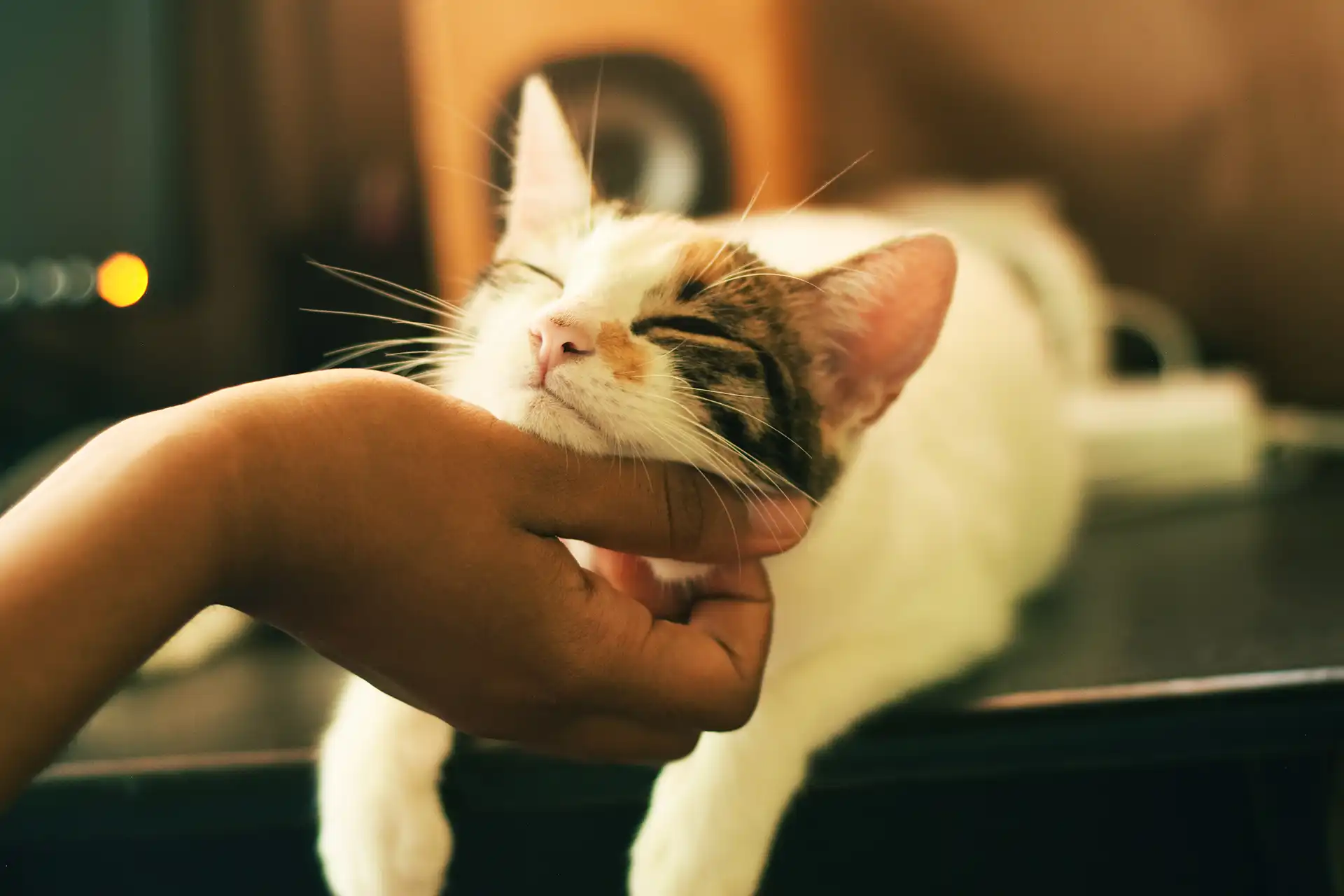Protecting Your Dog From Lyme Disease
Lyme disease has been on the rise in recent years. This is due to exploding tick populations. Lyme disease is zoonotic. That means that both people and pets can be infected. According to the CDC, it’s the most commonly-reported vector-borne disease in the US. Lyme disease is transmitted through tick bites, particularly the deer tick. A local vet offers some tips on protecting your pup and yourself from this disease below.
P arasite Prevention
Keeping up with your dog’s parasite control regime is very important. There are many products to choose from, such as topical drops, sprays, and shampoos. Ask your vet for the best option. Never combine products, or use them back-to-back. That could expose your pooch to dangerous levels of pesticides!
Landscaping
Dogs love to sniff around brush and long grasses. These are the sorts of places ticks love to hide! One thing that will help is cleaning up your lawn. Mow your yard regularly, and remove debris, such as piles of leaves or dead branches, which is where ticks may be lurking. Also, trim back any shrubs you have around your home.
Checks
Ticks need to be attached for at least 24 hours to spread the disease. We recommend checking Fido daily. Look under the collar and between his paws. If you find a tick, use tweezers or a tick popper to carefully remove it. Take a picture of it. If your furry friend shows any signs of illness, it will help to know exactly what type of these little monsters bit him.
Vaccinations
There are vaccines available. However, they are not recommended for every pup. Ask your vet for more information.
Keep Yourself Safe
It’s also important to protect yourself! If you’re headed out to the forest, make sure to wear long sleeves and tuck your pants into your socks. Check yourself thoroughly when you get home.
Watch For Warning Signs
If your dog does contract Lyme disease, he isn’t likely to show symptoms immediately. It could take a few months. Some red flags include fever, limping/lameness, stiff or swollen joints, lethargy, and reduced appetite. It’s worth noting that many of these signs also occur with anaplasmosis. Call your vet immediately if you notice anything wrong.
Please contact us, your veterinary clinic, anytime.




